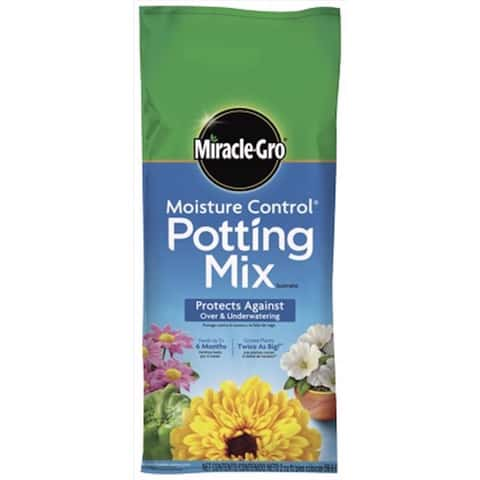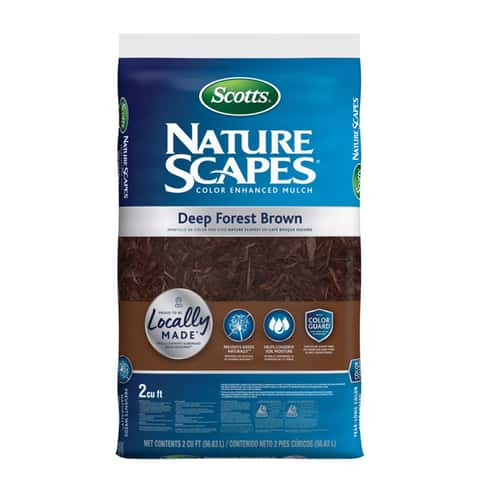Few things can equal the elegance and durability of stamped concrete when it comes to improving the appearance and use value of your outdoor areas. Selecting concrete sarasota fl for your walkways will help you invest in a long-lasting, aesthetically beautiful option. Stamped concrete provides the complexity of matching natural stone or wood patterns, therefore enhancing the look of your walkways while preserving the strength and durability of concrete. Stamped concrete offers a special mix of design and utility to any outside space, whether your project calls for a more utilitarian approach or a peaceful garden path.
Add Beauty with Custom Designs
The giant range of customizing choices stamped concrete presents is one of its main benefits. Unlike conventional concrete, which could seem simple or basic, stamped concrete lets you create complex patterns and designs appropriate for your particular style. Stamped concrete can precisely duplicate cobblestone, slate, or even brick, therefore enhancing your paths with a sophisticated touch regardless of your preferred design. Selecting various patterns, colors, and textures lets you design an appearance that accentuates the front of your house or yard.

Choosing concrete services means dealing with experts who can realize your vision. Their knowledge of designing custom-stamped concrete will help you to be sure that your walkway will not only improve your property but also be a lovely addition that attracts appreciation from visitors and neighbors. These bespoke designs let you reflect your own style while making sure your walkway stays robust and useful.
Durability and Easy Maintenance
Stamped concrete offers remarkable durability and simplicity of maintenance in addition to attractiveness. Proper installation of stamped concrete makes it quite resistant to fading, cracking, and over time wear. For pathways that see continuous foot traffic and environmental exposure, this makes it the perfect fit.
For people who live in places like concrete sarasota fl, where temperatures can vary and the climate can be hostile, stamped concrete provides a dependable answer that can resist both hot summers and chilly winters. Your stamped concrete walkway will remain elegant and provide a simple-to-maintain surface for years to come with correct sealing and upkeep.
Choosing stamped concrete for your walkways commits you to both beauty and longevity. It ensures that, with the right blend of design and utility, your outdoor spaces remain appealing and welcoming for years to come. With a little touch, stamped concrete adds long-lasting value whether your project is enhancing the curb appeal of your house or creating a lovely garden walk.

































































